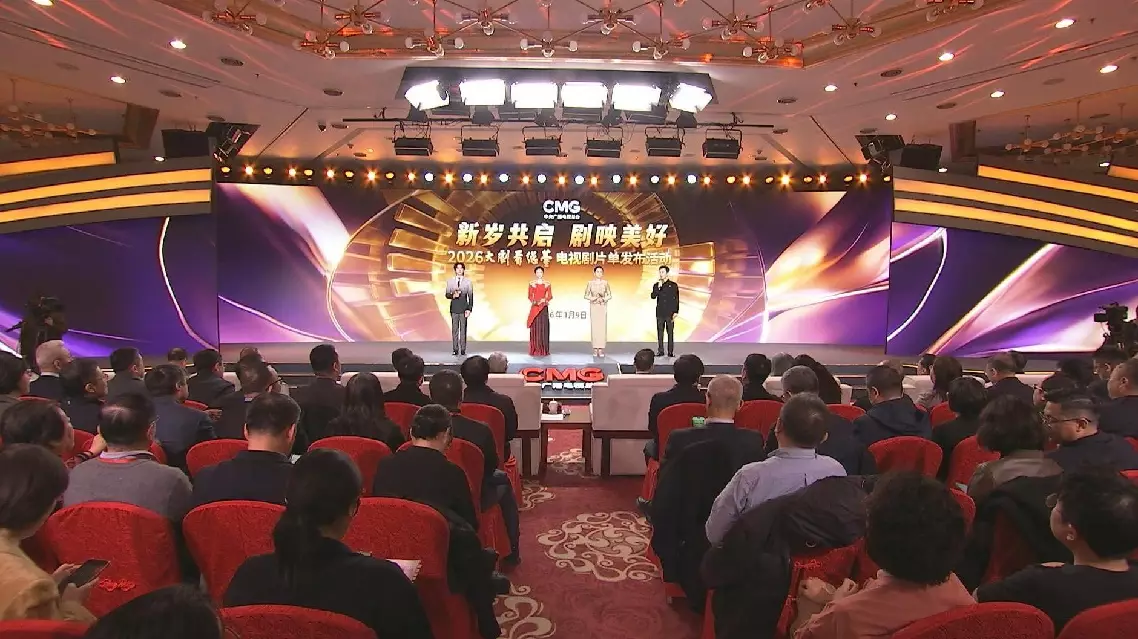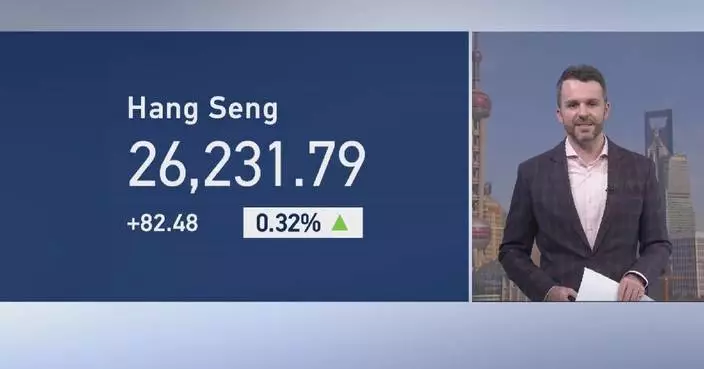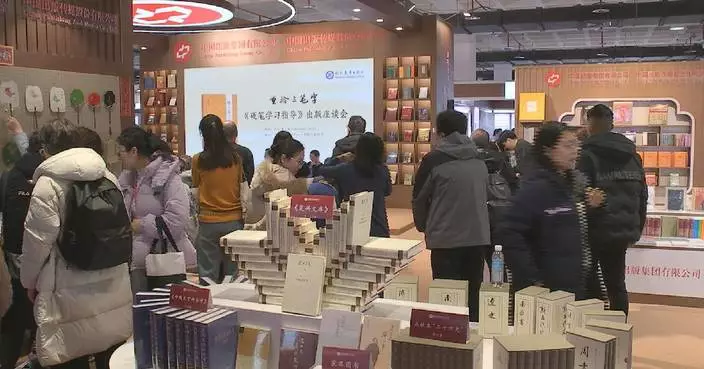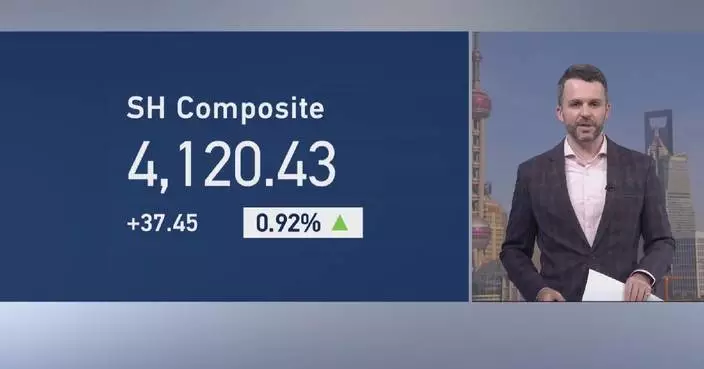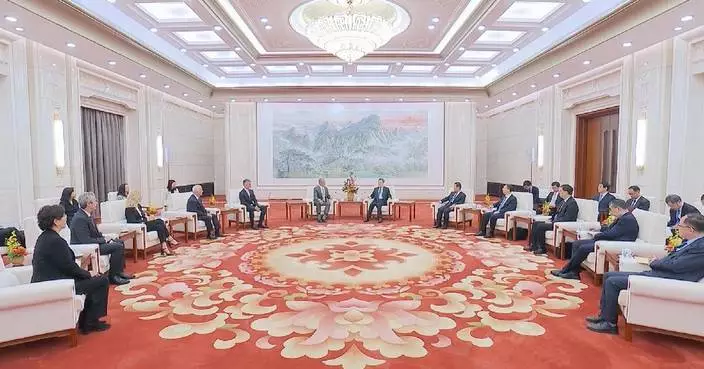Experts attending the ongoing Summer Davos Forum in north China's Tianjin Municipality shared their perspectives on how the Israel-Iran conflict might reshape economic forecasts and influence the fragile balance of international relations as concerns over regional tensions in the Middle East continue to unsettle global markets.
The three-day Summer Davos 2025, or the 16th World Economic Forum (WEF) Annual Meeting of the New Champions, kicked off on Tuesday, gathering around 1,800 participants from nearly 90 countries and regions.
Participants in the major gathering of global business leaders and economic experts say they are closely watching developments between Israel and Iran, and though U.S. President Donald Trump announced Monday evening that the two sides have reached a formal agreement to implement a ceasefire, uncertainties remain.
In spite of the current crisis, Jeffry A. Frieden, a professor of international and public affairs and political science at Columbia University, said as geopolitical tensions now become an unavoidable reality of our world, stakeholders should find solutions to work through these complexities.
"The conflict in Iran obviously is having a big impact on the price of oil, although it went up very rapidly and came down very rapidly. The situation in the Middle East is still volatile. Volatility is bad for economic development and economic growth. Volatility is very bad for investment. Given the new circumstances in the Middle East, with what's happened in Syria, what's happened in Lebanon, what's happening with Iran and in the Gulf, there will be a new era of stability, which will allow economic growth and development in that region. I think we're not going to be able to get away from geopolitical tension. The new world is one of geopolitical tension. So I think we are going to face a more geopolitically confusing environment over the coming years. We should get used to it. Governments, countries, firms need to figure out how to adapt to a geopolitically very confusing and complex environment," he said.
Meanwhile, Ang Yuen Yuen, the Alfred Chandler Chair Professor of Political Economy at Johns Hopkins University, underscored the urgent need to build a more equal international system to address regional hotspot issues, stressing the world is still inevitably moving towards a multi-polar pattern overall.
"I don't want to make light of the very serious situation between Israel and Iran. It could go down a really catastrophic path and hopefully we will not go there. But I do think that it certainly adds to the radical uncertainty on top of all of these structural changes that are happening. This is definitely adding to the sense of uncertainty. Conflicts and wars are not new. We've always had them throughout human history. But the overall pattern that I can see is that actually, structurally, we are moving towards more equality and we call it a 'multipolar order'. And so now that we're structurally more equal, it's a very tough job having to reinvent an entire international system where more equal partners can make decisions and cope with crises together," she said.
Despite the present uncertainties, Santitarn Sathirathai, a future economy adviser to the Thailand Development Research Institute, believes that the hard-won peace and stability should be cherished and preserved,and said the world must be better prepared to handle major shocks.
"I think we have been very fortunate to live in a period where many things we can take for granted, whether it's peace, where there's less trade disruptions, where there's focus on globalization efficiency. I think it's suffice to say we cannot take anything for granted anymore with potential disruptions coming, whether it's war, where there's conflicts, where there's trade wars. And even on climate, which is another one, where there can be big, big shocks from time to time as well as we have seen this year. So I think a lot of these shocks are becoming new norms and I think the world has to adjust to that as we have kind of more optionality being the key name of the game," he said.
The Summer Davos 2025 is centered on the theme of "Entrepreneurship in the New Era," and will discuss issues in five key areas, namely, the world economy, the China outlook, industrial transformation, investing in humanity and the planet, and new energy and materials.
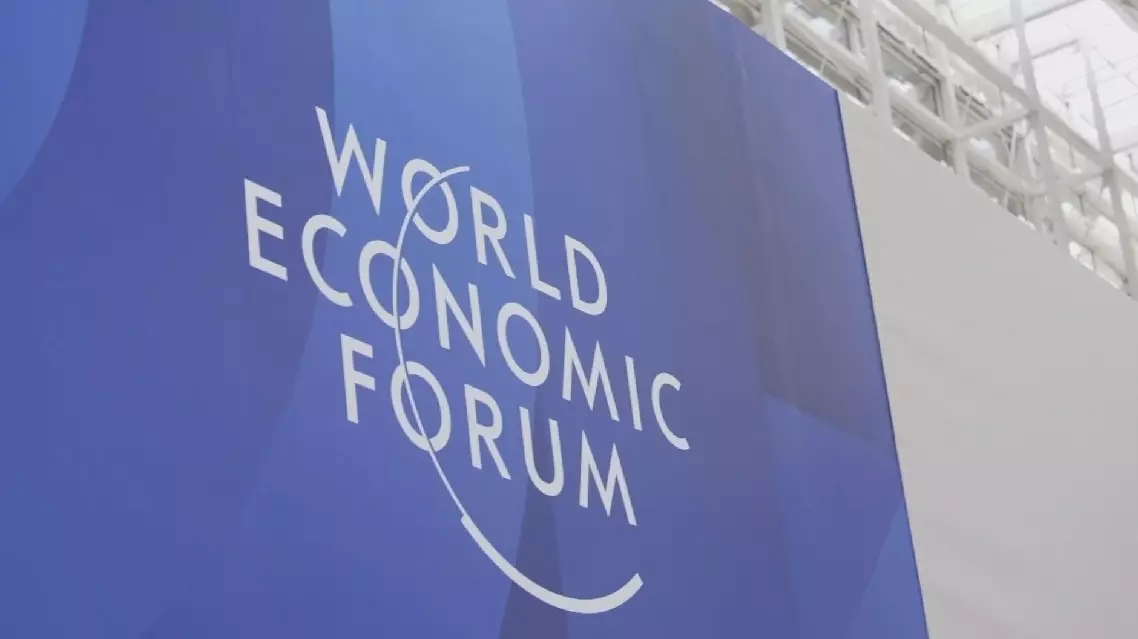
Summer Davos participants weigh up impact of Middle-East tensions, geopolitical uncertainty


